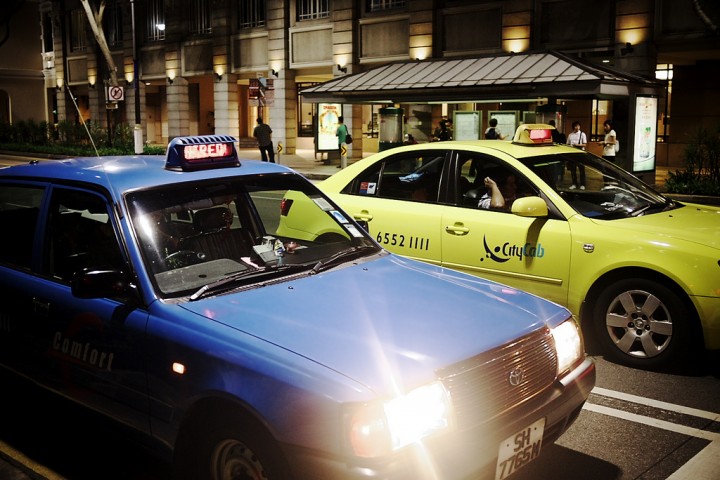If you have been following the news in the past few months, you will know that taxis have grabbed some of the headlines. The trials and tribulations of Uber in London have highlighted the issues faced by many taxi drivers, whether they work for themselves or as employees for a taxi company. Uber have appealed against a decision to remove its licence in the capital.

Running your own taxi firm can have a few drawbacks – lairy customers, occasionally intermittent business and mountains of admin work are all possible. However, by knowing the costs involved right away, you should be able to get your taxi business up and running, whilst being able to determine how much work you do.
Initial Purchases
To start your own taxi business, you will need to purchase a few items, which are:
A driving licence for private hire vehicles or taxis – these typically cost a few hundred pounds per vehicle
Car insurance – you need to find specialist uber taxi insurance cover that insures the cars, drivers and passengers. Annually, it should cost around £1,000 per vehicle, but depends on where your business is based and how often you drive
Business premises – a small office will make it easier for you to run the business, park the taxi and take calls for free. To do this for free, you could use your home as your office
The biggest expense of all for would be the taxi itself. It should be road legal, wheelchair accessible and comply with all the taxi laws in your area. Buying one from a specialist taxi retailer like Cab Direct will ensure you have the right vehicle.
Additional Costs
Once you have a licence, insurance, a business address and at least one taxi, you should be ready to begin. However, there are a few additional costs to factor in. A must-buy for taxi owners is a taximeter, which is essential for Hackney Carriages. These cost a few hundred pounds and are a must for taxis in London.
Radio equipment is essential too. This is for communication between drivers and the taxi firm’s office, helping them to know where the next pick-up point is. A licence is needed for it, which can be sorted by the equipment supplier or contacting Ofcom. Finally, there’s the fuel costs associated with running a taxi. Look at the taxi’s fuel economy figures to calculate costs.
In total, running a taxi business will cost more than £10,000 to start with. It might seem like a lot, but by driving economically, shopping around for equipment and insurance and looking to cheaper technology, you could bring running costs down.





